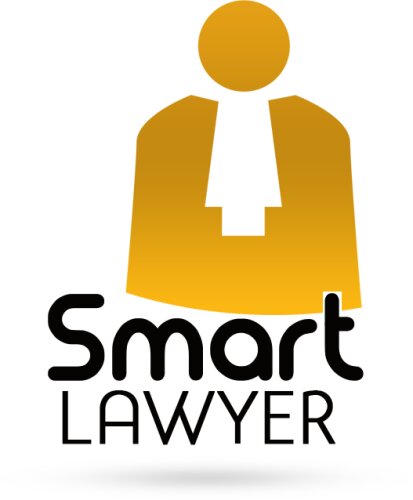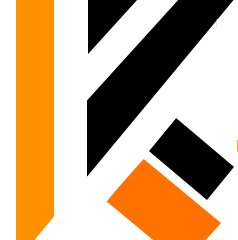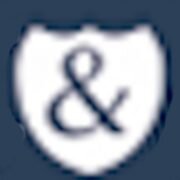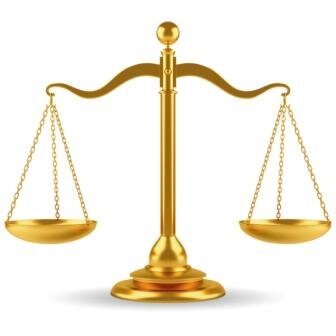Best Ethics and Professional Responsibility Lawyers in DR Congo
Share your needs with us, get contacted by law firms.
Free. Takes 2 min.
Or refine your search by selecting a city:
List of the best lawyers in DR Congo
About Ethics and Professional Responsibility Law in DR Congo
In the Democratic Republic of the Congo (DRC), the field of Ethics and Professional Responsibility is vital in ensuring that professionals adhere to moral and ethical guidelines within their various industries. This legal area concerns itself with standards, conduct, and accountability for professionals, especially in law, healthcare, and business. The regulations governing these ethical standards are designed to maintain the integrity of professions and protect the public's interest.
Why You May Need a Lawyer
Individuals or organizations might seek legal help in the field of Ethics and Professional Responsibility under various circumstances, such as:
- Allegations of professional misconduct or unethical behavior.
- Navigating the ethical guidelines in specific professions.
- Developing and implementing corporate ethical policies.
- Defending against claims of professional negligence.
- Ensuring compliance with industry-specific ethical standards and regulations.
A lawyer specializing in this field can provide guidance, representation, and support to ensure that ethical standards are upheld and any disputes are resolved effectively.
Local Laws Overview
The legal framework for Ethics and Professional Responsibility in the DRC is influenced by various statutes and regulations addressing professional conduct. Key aspects include:
- Legal Profession Act: Governs the conduct of legal professionals, ensuring they uphold ethical standards and maintain client confidentiality.
- Medical and Healthcare Regulations: Ethical guidelines that healthcare providers must follow to ensure patient safety and confidentiality.
- Corporate Governance Codes: Establish guidelines for ethical conduct in business and finance, including anti-corruption measures and corporate responsibility.
- Anti-Corruption Laws: Strict regulations aimed at curbing corruption and promoting ethical conduct across all sectors.
Frequently Asked Questions
What constitutes a breach of professional responsibility in the DRC?
A breach can occur when a professional fails to adhere to the ethical standards or codes of conduct established for their profession, resulting in harm or risk to others.
Who regulates professional ethics within different sectors in the DRC?
Regulatory bodies specific to each field oversee professional ethics, such as the Bar Association for lawyers and Medical Councils for healthcare professionals.
Can I file a complaint against a professional for unethical behavior?
Yes, individuals can file complaints with the relevant regulatory body governing that professional field, which will investigate and take appropriate action.
How are disputes related to ethics and professional responsibility resolved?
Disputes are generally resolved through the regulatory bodies' disciplinary processes, which may involve mediation, adjudication, and possible disciplinary action.
What are the penalties for violating ethical standards in the DRC?
Penalties may include fines, suspension, or revocation of a professional license, depending on the severity of the violation and the governing body's regulations.
Do corporate ethical policies need legal review?
Yes, to ensure compliance with local laws and regulations, companies should have their ethical policies reviewed by a legal professional specializing in ethics and compliance.
How can professionals avoid ethical breaches?
By regularly updating their knowledge of ethical standards, participating in continuous education, and consulting legal experts when in doubt.
Is there legal protection for whistleblowers in the DRC?
Yes, there are legal measures in place to protect individuals who report unethical or illegal activities within an organization.
What role do lawyers play in upholding professional ethics?
Lawyers provide guidance and representation in ethics-related matters, helping ensure compliance and defend against allegations of misconduct.
Are there specific training programs for ethics and compliance in the DRC?
Yes, various institutions offer training programs focused on ethics and compliance, which help professionals understand and apply ethical standards in their practice.
Additional Resources
For further help, consider reaching out to the following resources:
- Congolese Bar Association: Provides resources and information for legal professionals.
- Ministry of Justice and Human Rights: Offers guidance and oversight of ethical standards across professions.
- National Order of Doctors of the DRC: The main body overseeing the medical ethics in the healthcare sector.
- Non-Governmental Organizations: Such as those focusing on anti-corruption and professional integrity, which may offer additional guidance.
Next Steps
If you need legal assistance in Ethics and Professional Responsibility:
- Identify the nature of your ethical concern or dispute to determine the area of law required.
- Seek consultation from a lawyer specializing in Ethics and Professional Responsibility to understand your rights and obligations.
- Gather necessary documentation and evidence related to your case or ethical issue.
- Follow through on your legal representative's advice and remain informed about your rights and the potential outcomes.
Understanding and navigating the field of Ethics and Professional Responsibility requires professional guidance to ensure compliance and protect your interests effectively.
Lawzana helps you find the best lawyers and law firms in DR Congo through a curated and pre-screened list of qualified legal professionals. Our platform offers rankings and detailed profiles of attorneys and law firms, allowing you to compare based on practice areas, including Ethics and Professional Responsibility, experience, and client feedback.
Each profile includes a description of the firm's areas of practice, client reviews, team members and partners, year of establishment, spoken languages, office locations, contact information, social media presence, and any published articles or resources. Most firms on our platform speak English and are experienced in both local and international legal matters.
Get a quote from top-rated law firms in DR Congo — quickly, securely, and without unnecessary hassle.
Disclaimer:
The information provided on this page is for general informational purposes only and does not constitute legal advice. While we strive to ensure the accuracy and relevance of the content, legal information may change over time, and interpretations of the law can vary. You should always consult with a qualified legal professional for advice specific to your situation.
We disclaim all liability for actions taken or not taken based on the content of this page. If you believe any information is incorrect or outdated, please contact us, and we will review and update it where appropriate.
Browse ethics and professional responsibility law firms by city in DR Congo
Refine your search by selecting a city.














